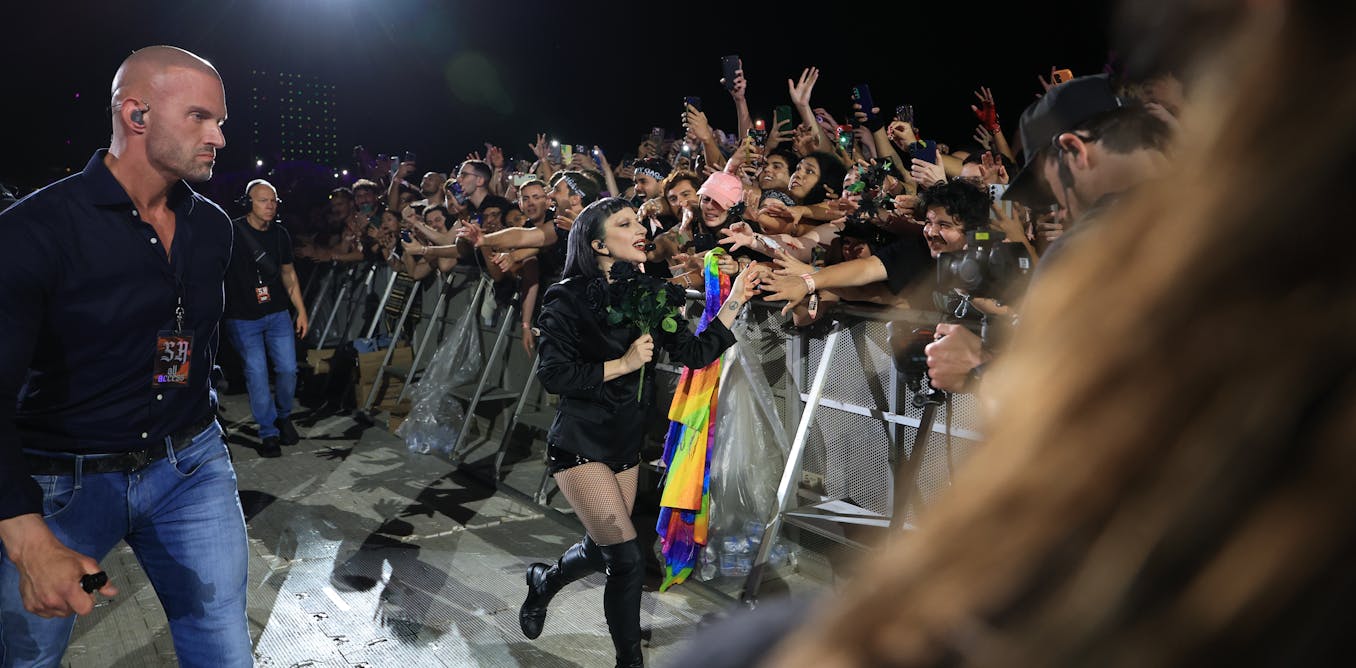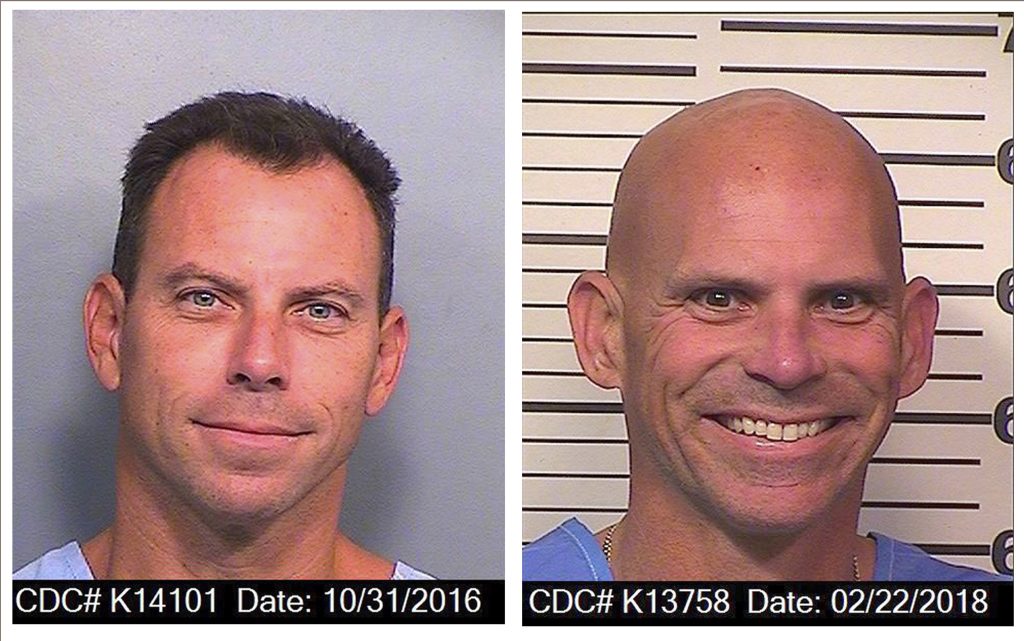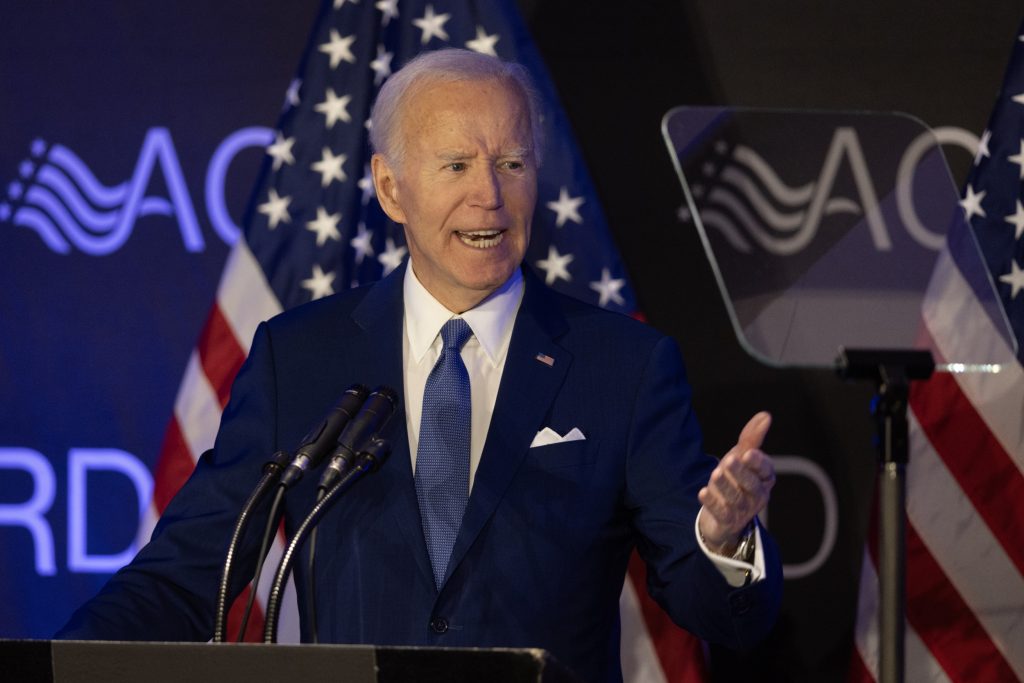Now Reading: Lady Gaga bomb plot: Thwarted plan lifts veil on the gamification of hate and gendered nature of online radicalization
-
01
Lady Gaga bomb plot: Thwarted plan lifts veil on the gamification of hate and gendered nature of online radicalization
Lady Gaga bomb plot: Thwarted plan lifts veil on the gamification of hate and gendered nature of online radicalization

Lady Gaga’s free concert on Copacabana Beach in Rio de Janeiro was attended by over 2 million people on May 3, 2025. Unbeknownst to the crowd, a sinister plot aimed at turning the event into a hate-fueled tragedy was thwarted by the Rio de Janeiro Civil Police just hours before the concert. The planned attack, involving Molotov cocktails and improvised bombs, was targeting the LGBTQ following of the American singer.
Two individuals have been arrested in connection with the plot, which authorities believe was organized through digital platforms like Discord to radicalize and recruit teenagers for the attack. The intention was to entice young people into actions that would bring them online notoriety.
The incident serves as a stark reminder of the rise of hate networks among youth, particularly boys and young men, and how online platforms are fueling the radicalization process. The proliferation of platforms like Discord, TikTok, and Reddit has provided spaces where hate is produced and disseminated instead of promoting diversity.
The phenomenon of toxic masculinity and the access to dangerous content on social media, as depicted in Netflix’s series “Adolescence,” reflects a generational issue. The gap between young men and women in terms of ideological beliefs is widening globally, with platforms like Discord being used as recruitment hubs for hate groups.
Gamification plays a significant role in the radicalization of young people, as it turns hate speech into a competitive and playful challenge. The investigation into the foiled attack on Lady Gaga’s concert revealed how gamification was utilized to recruit youths to participate in the planned violence for social media notoriety.
Addressing the challenges posed by toxic digital spaces and the radicalization of young men is crucial for preventing the normalization of hate and extremism. It is essential to regulate platforms and implement measures to steer men and boys away from toxic online environments to build a future generation that rejects hate.






